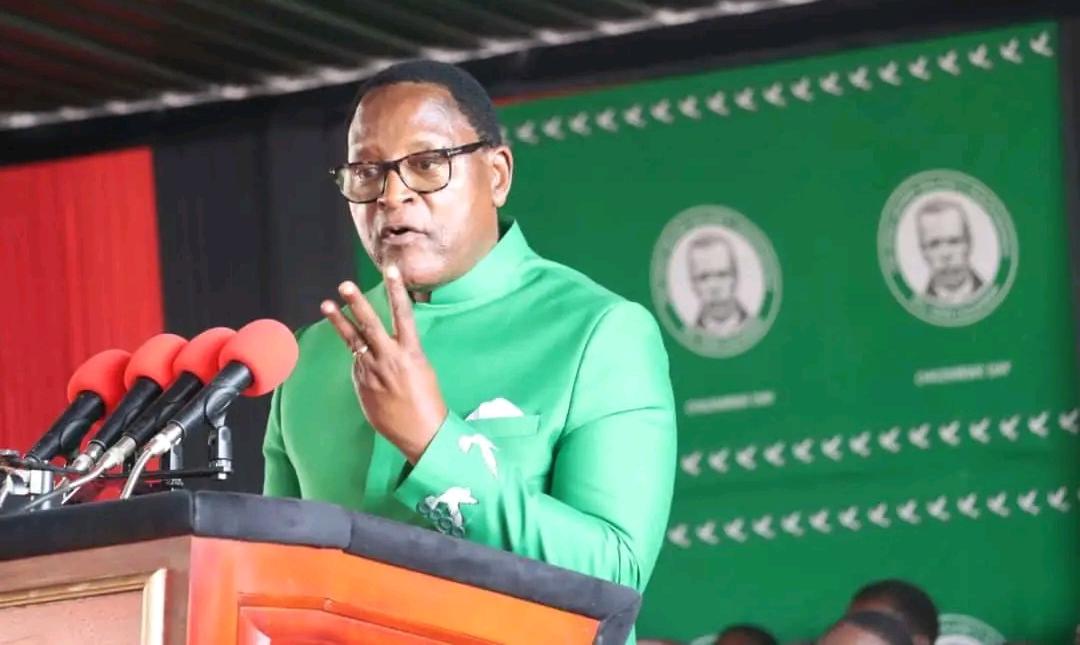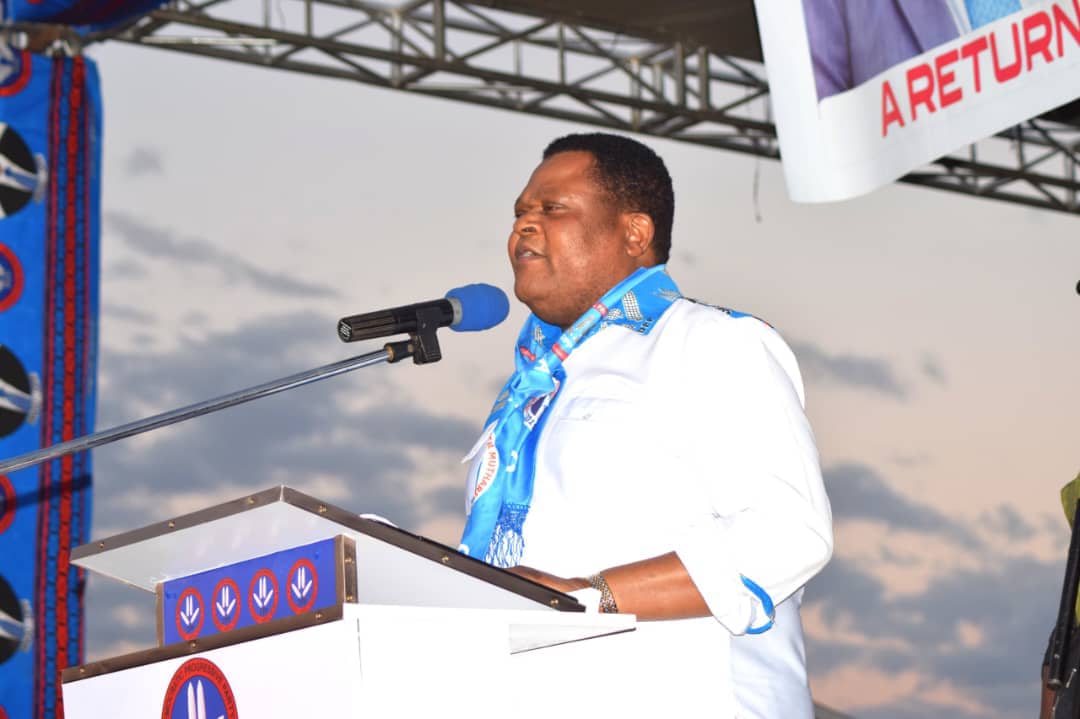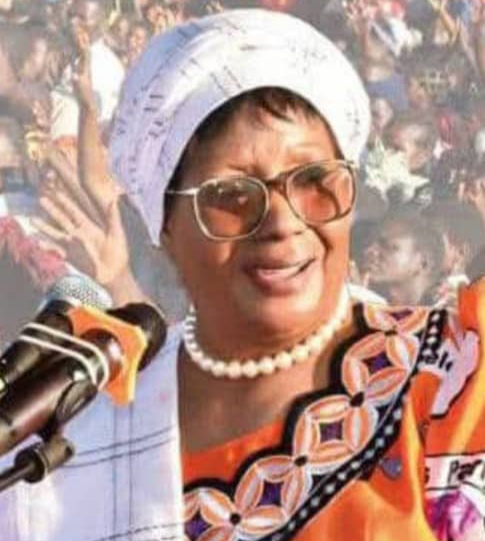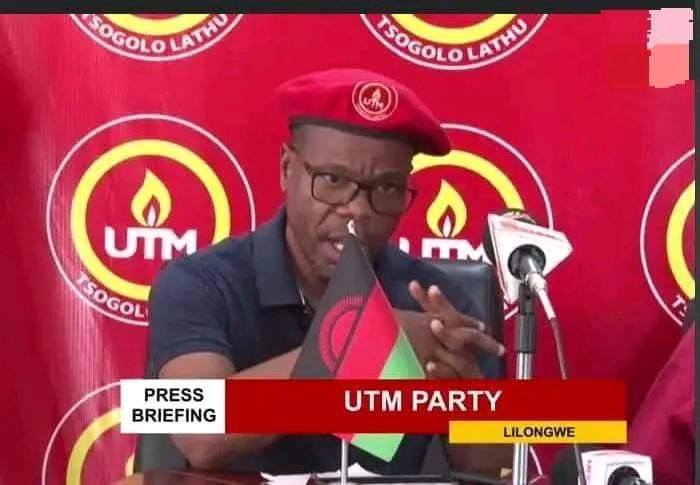By Burnett Munthali
Welcome Remarks
Rick Dzida, a distinguished political commentator, shares his insights on Malawi’s recent governance challenges, public accountability, and the role of citizens in fostering reform. Below are his responses to a series of questions that explore the nation’s current landscape.
1) What is your assessment of the Malawi government’s recent admission of the country’s economic struggles and governance challenges?
RD: The government’s acknowledgment is significant as it reflects an understanding of the pressing economic and governance issues facing Malawians. While this admission is a positive step, it arrives amidst rising public frustration due to economic instability and governance deficiencies. Events such as the planned nationwide shutdown in July 2024 highlight the growing discontent.
Despite some progress, like raising the non-taxable base income for civil servants, the government’s reform agenda remains unfulfilled. To address these challenges, the government must tackle corruption, inequality, and inadequate access to services. Citizens, in turn, should demand accountability and meaningful reforms.
2) How significant is it that the government, for the first time under President Lazarus Chakwera, has acknowledged the ongoing national issues publicly?
RD: This public acknowledgment under President Chakwera is a pivotal moment, signifying a commitment to transparency and accountability. While the Umodzi Party lauded this move, others, such as the National Advocacy Platform, criticized its lack of a clear strategy.
Acknowledging challenges builds trust with citizens and international partners, but the real test lies in the government’s ability to implement effective solutions.
3) What do you think about the government’s openness to criticism from civil society groups and the religious sector, as seen in the meeting with the Public Affairs Committee (PAC)?
RD: Engaging with PAC and other civil society groups reflects a promising shift towards inclusive governance. This openness allows the government to tap into diverse perspectives and expertise while promoting transparency.
The development of a national action plan under the Open Government Partnership is another positive step. However, translating these engagements into tangible actions will be crucial for lasting impact.
4) Do you believe this acknowledgment of challenges marks a shift in the government’s approach to public accountability? Why or why not?
RD: This acknowledgment could indicate a shift in the government’s accountability approach, though skepticism remains. While improved transparency and engagement with civil society suggest progress, past unfulfilled promises caution against premature optimism.
To sustain public trust, the government must prioritize action over rhetoric and demonstrate a genuine commitment to reform.
5) How does this new stance by the government impact the relationship between the public and the administration?
RD: By openly acknowledging challenges, the government can rebuild public trust and foster collaboration. Transparent communication and citizen engagement can empower Malawians to take a more active role in governance.
This shift, however, must be backed by concrete actions to ensure lasting positive relations between the public and the administration.
6) What should the government do next to demonstrate a genuine commitment to addressing the concerns raised by the PAC and other civil society groups?
RD: The government should take the following steps:
Immediate Actions: Provide a clear roadmap for addressing PAC’s concerns with timelines for reforms.
Short-Term Measures: Strengthen institutions like the Anti-Corruption Bureau and enhance transparency.
Long-Term Reforms: Address governance issues through constitutional reforms, economic growth policies, and poverty reduction strategies.
Sustained Engagement: Maintain open dialogue with civil society and provide regular updates on progress.
7) How do you view the increasing role of civil society organizations in holding the government accountable? What impact could this have on Malawi’s governance?
RD: Civil society organizations (CSOs) play a critical role in promoting transparency, monitoring government actions, and mobilizing citizen participation. While resource constraints and government resistance pose challenges, partnerships and technology offer opportunities to amplify their impact.
CSOs’ efforts can significantly improve governance and public service delivery, provided they maintain independence and focus on collaboration.
8) The PAC has emphasized growing corruption, economic hardship, and the erosion of democratic values. How do you assess the government’s track record on these issues over the past few years?
RD: Corruption remains pervasive despite institutional efforts, and economic hardships persist, with 70% of Malawians living below the poverty line. Democratic values have faced setbacks, but civil society and the judiciary have played crucial roles in upholding accountability.
While the government has made some efforts, comprehensive reforms are needed to address these systemic challenges effectively.
9) Do you think the acknowledgment of these challenges will lead to meaningful reforms, or is it simply a public relations move?
RD: The acknowledgment could lead to reforms if backed by concrete actions, but it might also be a strategic move to gain public support. Malawi’s history of unfulfilled promises warrants cautious optimism.
The government’s sincerity will be measured by its ability to implement reforms and maintain transparency in addressing national challenges.
10) What role do you believe Malawians should play in pushing for reforms based on this newfound government openness?
RD: Malawians must actively engage in governance by demanding accountability, advocating for policy reforms, and supporting civil society initiatives. Peaceful protests, constructive dialogue, and media participation can amplify their voices.
Citizens must also collaborate with government stakeholders to develop and implement solutions, ensuring their concerns are prioritized in the reform process.
Conclusion
Rick Dzida’s insights underscore the importance of transparency, citizen engagement, and accountability in addressing Malawi’s governance challenges. While the government’s acknowledgment of these issues is a step forward, sustained efforts and active public participation will be critical for meaningful reform.




